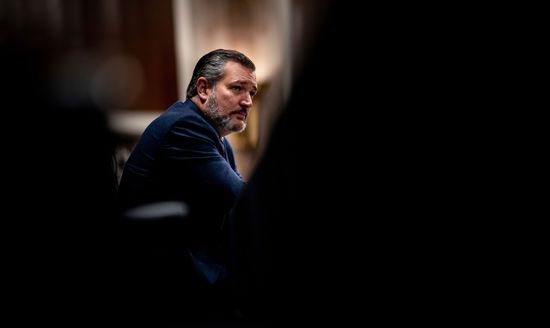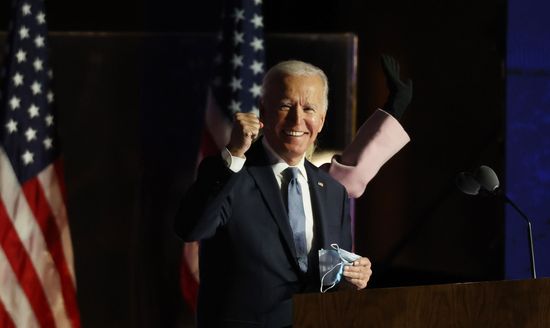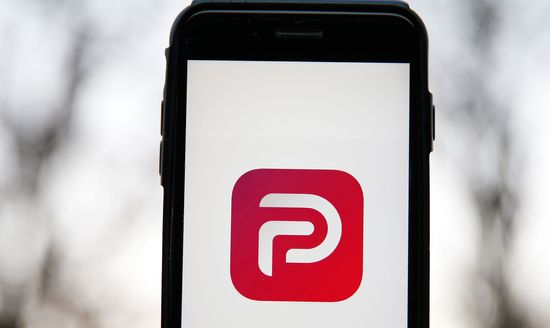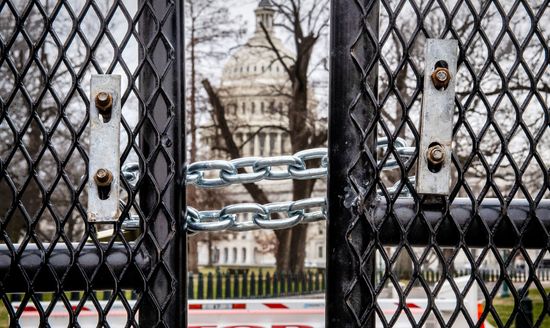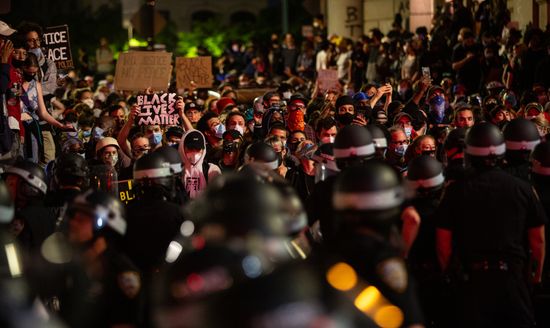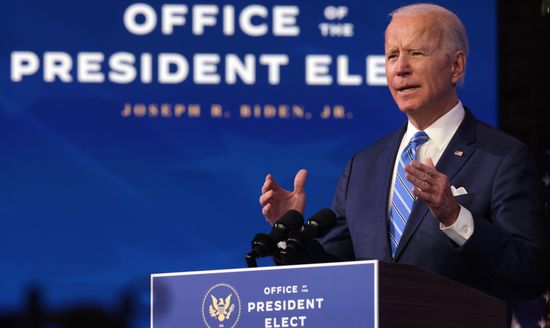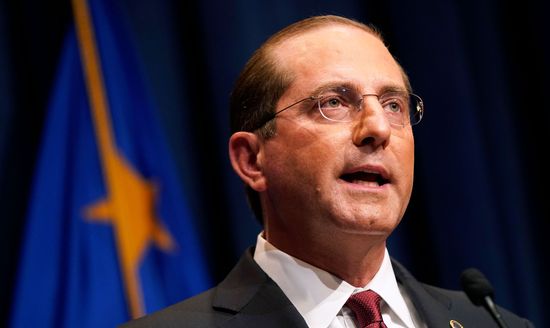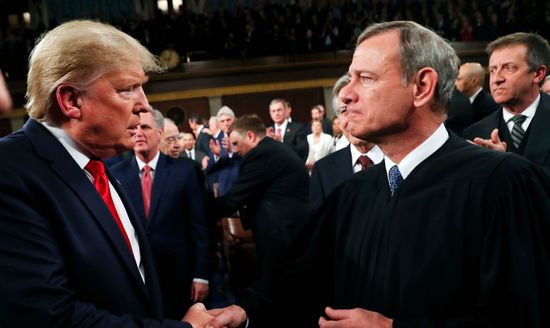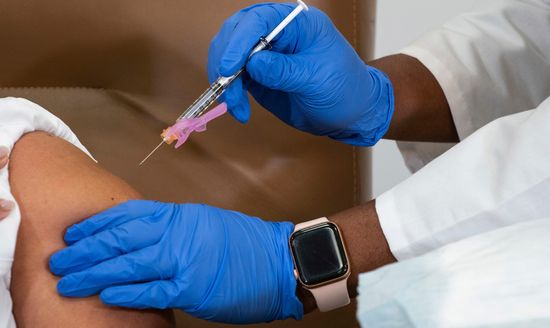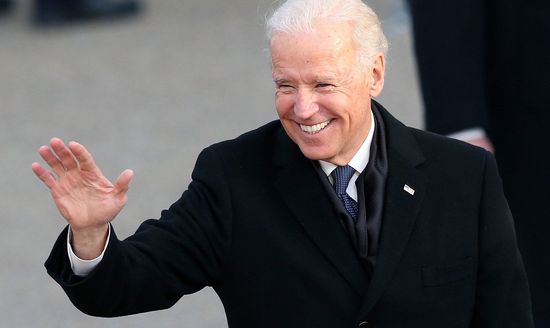| Intelligence, in every sense of the word.
Subscribe now. | | Ben: The Biden administration is coming into power at a moment of crisis on multiple fronts. And it is trying to meet the moment with a hugely ambitious $1.9 trillion bill that will include new stimulus checks along with expanded unemployment benefits, a higher minimum wage, and a raft of other measures. The plan is for this to be followed by another enormous stimulus package. Now that Democrats control the Senate (albeit by just one vote) along with the House, what do you think are the prospects of this legislation — or the bulk of it, anyway — passing quickly? | | Ed: It would take ten Republican votes in the Senate to pass quickly. So it will depend on Mitch McConnell & Co.’s strategy for the next two years. I’m guessing it won’t happen, which means (absent the filibuster reform that Joe Manchin apparently opposes) it will have to be rolled into a budget reconciliation bill, which only requires 50-plus-1 votes. But not all elements of the stimulus proposal can be passed by reconciliation: Notably, a minimum-wage increase is problematic, as is an eviction moratorium. | | Gabriel: The truth is, no one — not Joe Biden, not his top aides, nor his most loyal allies — expect everything in this proposal to become law within his first few weeks in office. But he’s under enormous pressure to pass considerable relief, and there’s serious yearning in the country for it, too. Even Republicans in Washington can see that — just look at how David Perdue and Kelly Loeffler were talking about distributing checks in the closing days of their losing Senate campaigns in Georgia. That means that the most likely outcome here is that some pieces of Biden’s proposal do pass, but that some of the larger, longer-term targets — say, raising the minimum wage — get kicked to the next, bigger battle. As much as it’s in Biden’s tactical interest to treat this proposal as one big, unbreakable plan to get the country back on track, this will almost certainly have to be an iterative process. But Ed’s right, of course: The iterations — their pace, their scale — will likely be up to Senate Republicans, at least until Biden determines it’s time to give up on the dream of passing big bills with 60 votes and tries wrapping it all into one huge budget bill he can pass with just 50 Democrats, plus VP Harris. | | Ed: Like Obama, Biden wants to give Republicans time to exhibit or abandon their obstructionism. Democrats hope Biden’s not as patient as Obama was, though. | | Irin: Yeah, this is the question I had: How long is Biden’s team prepared to wait for Republican buy-in before moving on to reconciliation? Or will they let Republicans run out the clock, Affordable Care Act style? There’s a lot of meat in there (that I find very promising!) that could also derail the process with one piece of the coalition or another. We’ll just have to see how seriously Biden takes his bipartisan rhetoric if it shows no signs of working. | | Gabriel: There are two big dynamics to consider on that front. First, Biden’s been changing his tune about bipartisan cooperation subtly for months. He still sees it as a goal, but he’s no longer really pretending some post-Trump epiphany is coming, even though he would love to peel off individual Republican senators, say, for individual pieces of legislation. So he’ll try, but if it’s not going to happen; he’s not going to wait on some reawakening. But that’s also because he’s been thinking a lot about his experience in 2009, when he and Obama entered office and Biden was in charge of passing their stimulus. He worked and worked and worked to get six GOP senators onboard. He only got three, which was enough, but soon after one retired and another had to switch parties because the backlash was so bad. And zero GOP House members went along, at all. Any reason to believe that won’t happen again? | | Ed: Let’s just say there’s a rebuttable presumption of Republican obstruction. (Maybe that could be a new Schoolhouse Rock song!) | | Irin: I think a lot about Biden saying on the primary campaign trail that Hillary was the victim of sexist attacks and “that’s not going to happen with me.” It was risible and infuriating, but you know what? He won. I’m not holding my breath for bipartisan comity, but I’ll say this: He also managed to get more enthusiastic buy-in from Bernie Sanders on the strength of those relationships. And unlike Obama, he does not have the temerity to be Black. But again, it was Biden on the hill in 2009, and that genial “old white guy” magic went only so far. | | Ed: And lest we forget, in 2009 Democrats had 60 senators (until Ted Kennedy died) and a big margin in the House. | | Sarah: We’ll also see how credibly the Democratic Party’s newly empowered left can pressure the Biden administration on key goals. Members won’t have much patience for Biden’s bipartisan fantasies, and they know they’ve got a relatively brief window in which to pass legislative priorities like the PRO Act or democracy reform. So the president-elect doesn’t just have to worry about Republican obstructionists; he has to worry about his own party, which has changed, significantly, over the course of the Trump administration. I think party progressives are fairly clear-sighted about the limitations imposed by their margins in the Senate and are prepared to work with the centrist Biden. I don’t always get the sense that Biden reciprocates this understanding. Maybe that will change once it becomes clear to Biden that he’s not going to be able to persuade many Republicans to go along with his proposals. | | Ed: Trouble is, a number of progressive priorities — including democracy reform, which is really urgently needed after the experience of 2020 — just cannot be enacted by executive order or reconciliation. | | Gabriel: It may be instructive to look at the circumstances around Biden’s first recovery proposal. Over the course of the Obama years, those on his left often accused him of negotiating with himself before bringing Republicans into the process, so they then got to whittle his priorities down past what was acceptable to plenty of Democrats. (Think: tax deals, budget compromises, etc.) Fair or not, Biden is taking a different tack entirely: He’s starting big. He was immediately praised for the size (nearly $2 trillion) and scope of his first plan. He’ll likely have to negotiate it down with Republicans to get it to pass, but he’s not publicly starting from a point of concession. (Obama didn’t think he was either, but times have changed.) | | Ben: There’s a lot Biden can accomplish sans Congress, just with those executive actions Ed mentioned. What sticks out to you on that list, beyond the big-ticket items like rejoining the Paris Climate accord? | | Ed: Stopping all the Trump administration’s litigation; reversing the worst of Trump’s executive orders; firing political appointees (most of them ideological commissars). All of this can be done in the first week. | | Gabriel: I would pay special attention, too, to the huge raft of Obama-era environmental regulations that were struck down in the Trump years. It’ll take some work, but they could — should — be restored. | | Irin: It would go a long way just to staff the agencies with competent people who aren’t actively trying to spread COVID. | | Gabriel: Also, not encouraging insurrection. | | Ben: Hmm, would you say this is a low bar? | | Irin: Any executive-order strategy has to be clear-eyed about a Supreme Court being even more revanchist than it was before. John Roberts was briefly the median vote, and now we don’t even know who that is. | | Sarah: Student-debt relief; stimulus; rebuilding the regulatory state that the Trump administration dismantled; restoring food stamps and Medicaid access to millions of needy people. The labor world is also calling on Biden to fire Trump appointee Peter Robb, who’s serving a term as the general counsel of the National Labor Relations Board. | | Ed: Yeah, student-debt relief is definitely doable by order. As is fully restoring DACA. | | Irin: It would also be a day-one action to undo the draconian immigration enforcement, stop the stupid wall, and restore the frozen visas. | | Ben: In the aftermath of the Capitol catastrophe, President Trump’s approval ratings have fallen sharply (and they weren’t high to begin with). With Biden promising unity and literally trying to get money into people’s hands, do you think he’ll enjoy the traditional honeymoon period of relatively high favorability marks? Or is the country just too polarized for that? | | Ed: Pew shows an initial positive favorability number for Biden’s conduct since November as over 60. Trump never had anything like that. But it will likely fall once the partisan lines are reestablished. | | Gabriel: I don’t think we’ve seen a traditional honeymoon period with the last two presidents; that era is over. Obama had high approval ratings but Republicans literally planned an all-out obstruction campaign the day he was inaugurated. Trump, well, he had a few cable commentators say nice things, but he was always Trump. People do seem willing to give Biden high marks right now: The country needs a lot of help, and Trump is offering an incredible foil. But will it be smooth sailing for more than a few weeks? We’re still in a pandemic and Republicans are already lining up to oppose pieces of his first recovery legislation. | | Irin: Biden also stands to benefit from, hopefully, vaccination distribution that is less chaotic and, eventually, more comprehensive. And the reopening that should follow. | | Ben: In terms of actually getting things done, what do you see as the biggest obstacle for the Biden team? Is it the difficulty of passing legislation? The difficulty of implementing actual policy? Something else? | | Irin: The sheer scope of the damage to clean up. The radicalization of the Republican Party! | | Gabriel: Yeah. A radical GOP. An epic mess. And, potentially, down the line, a hostile Supreme Court. | | Ed: Yeah, Irin’s right about the damage done. I always like to remind people that you have to take the objective conditions of the country into account in assessing political success and options. That means getting through COVID-19 vaccination and reviving the economy are critical, even if you care most about bigger goals like reversing climate change or fixing the health-care system or addressing inequality. | | Ben: A brief lightning round. Who is the person you judge as the single biggest threat to Biden’s agenda over the next year? | | Irin: Easy, Mitch McConnell (there’s no one justice I could single out, and TBD on Trump’s durable troublemaking for Biden at least). | | Gabriel: MitchMcConnell.gif. | | Sarah: The obvious answer is Mitch McConnell, but I submit an alternative: Joe Manchin. As the most conservative Democrat in the Senate, Manchin theoretically poses a real danger to Biden’s economic policies. At minimum, Chuck Schumer and the White House will have to expend a lot of effort to keep Manchin somewhat in line. This is clearly preferable to dealing with Majority Leader McConnell, but it’ll be an issue nonetheless. | | Ben: And what is the single biggest hope you have in terms of policy? | | Gabriel: Marshaling the resources of our government, and others, to finally get serious about the climate. I know that’s not ONE policy. But. | | Irin: I would love to see a world with court expansion — lower courts as well as the Supreme Court — and a Senate supermajority that would pass Kamala’s preclearance proposal for abortion restrictions, but in the one we live in, I would settle for a competent vaccine rollout. | | Sarah: I am somewhat optimistic that we could get the PRO Act passed, which would significantly expand collective-bargaining rights and shore up union power after decades of decline. And while I don’t believe we’ll get Medicare for All or a Green New Deal out of the incoming Biden administration, some of Biden’s economic- and climate-policy hires are reassuring for progressives. I see an opening for paid leave and a public option. That’s not as far as the left wants to go, but it’s an improvement over what we’ve got. | | Ed: I’d say the potential emergence of bipartisan “gangs” in Congress could be a big development for good or for ill, or both. My biggest hope is that we don’t head down the usual cycle to gridlock in 2022. | | | 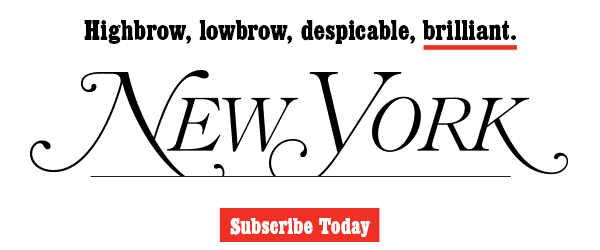 | ![Subscribe to New York]() | | | | | | Get unlimited access to more great stories from New York, home of Intelligencer, the Cut, Vulture, Curbed, Grub Street, and the Strategist. | | | |

